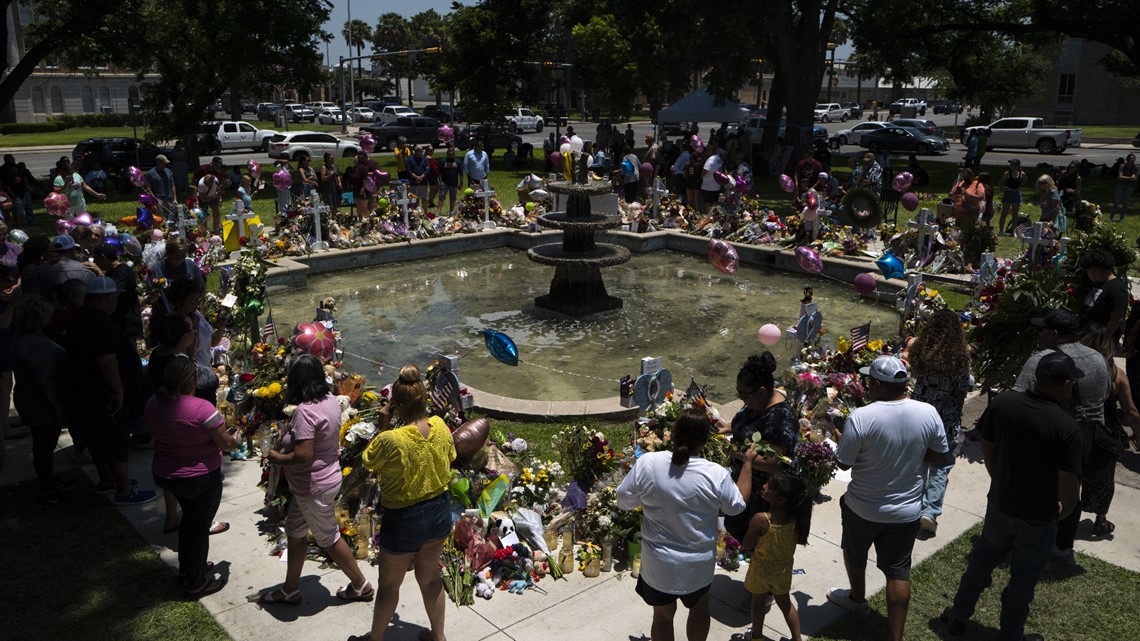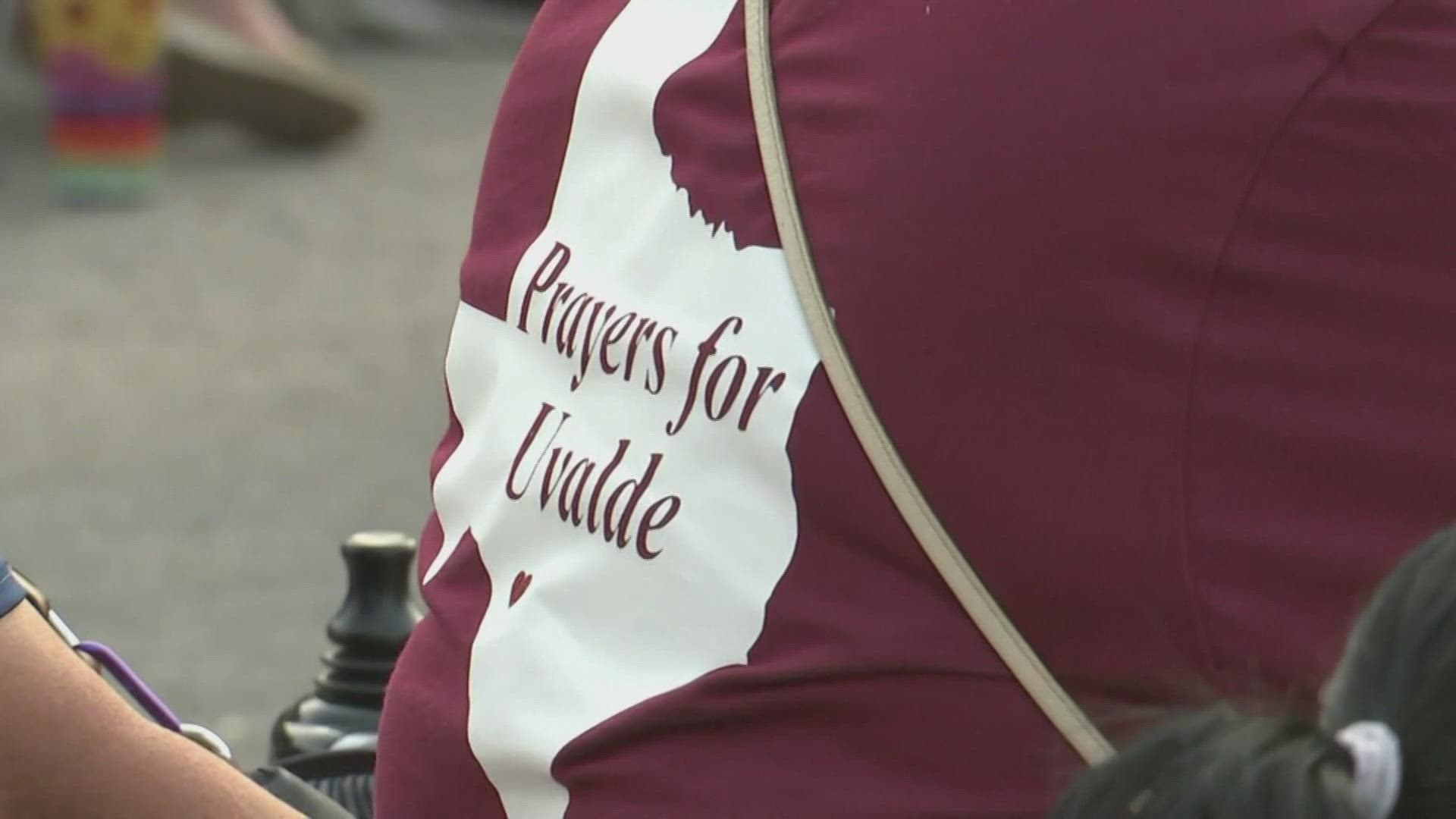MAINE, Maine — Talking to kids and teens about gun violence is not an easy topic, especially after what happened at Robb Elementary School in Uvalde, Texas, where 19 children and two teachers died at the hands of an 18-year-old gunman.
Experts say it's very important to talk to your children and answer any questions they might have.
Pete Loper is a child psychiatrist, professor, and executive coach dedicated to mental health and wellness advocacy. He said the horrific school shooting in Texas has brought trauma and anxiety to many people.


Here are some ways to support our children's mental health while navigating this topic:
- Prevent persistent viewing of the news cycle.
"The best way to address trauma is to prevent it from occurring in the first place," Loper said. "Very often, the most efficient way to do that is to limit our kids' access to the news cycle. If you cannot limit exposure, then make sure your kids are not perpetually taking in the news and looking at unsettling images."
- Allow your kids to ask questions, and then acknowledge those questions and answer them age appropriately.
"You don’t have to give the whole story—you need only give them the high points and not all of the specific details," Loper said.
- Support your child in processing the tragedy by creating a safe place to ask questions.
- If you as a parent are experiencing stress and anxiety, limit access to the upsetting news cycle for yourself too. Anxiety and stress are transmissible.
- Help your kids and teens identify classmates who may feel anxious, sad, isolated, or alone, and empower them to support these classmates.
"Provide reassurance by letting them know that they will be safe and that, as parents, we and the school have taken extra precautions to ensure safety," Loper said.
Loper said if you feel stressed or anxious, you should think about the advice you get from flight attendants every time you fly.
"You put your own oxygen mask on first as a parent before you put your child's mask on. You have to support yourself first seeking those supports. You have to be processing this tragedy in a meaningful way before you can support your children in doing so," he said. "Tips that we tend to recommend for adults is that if you are having a hard time navigating the distress of this tragedy, go and talk about it with your spouse, your partner, your good friends, your family, your adult peers, and make sure you are adequately processing that tragedy before you are engaging with your child."
"Help support your kids in finding those other students within their class that may be struggling, that may be alone or isolated. We know that homicidal ideation violence occurs in the context of isolation," Loper said. "Empower your kids to seek out those other students in the class, those peers who may be getting bullied, and engage them in meaningful interactions to help support their sense of self-worth and belonging. It's a really great way to empower your kids, and it has an exponential effect on potentially preventing these types of tragedies in the future."

